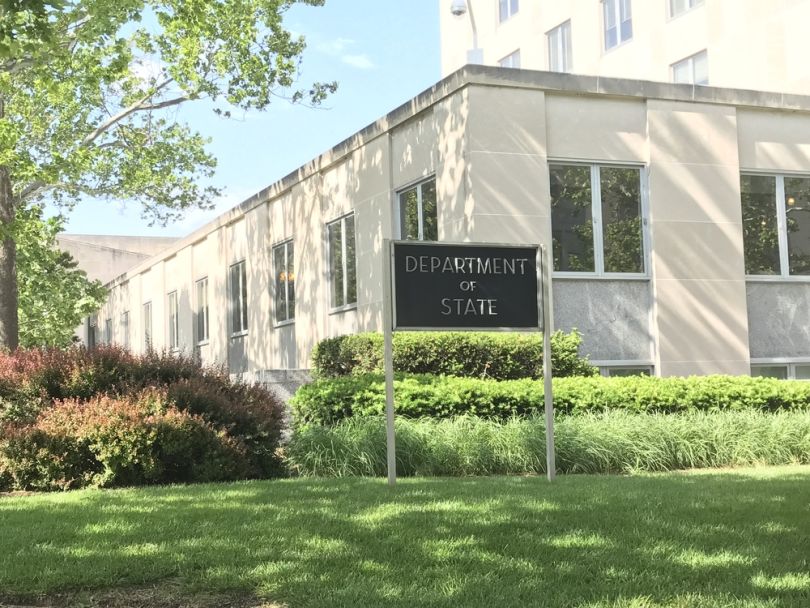
A cybersecurity-focused bureau could have its encore if all goes to plan for the State Department. CyberScoop reports that the State Department set a plan to Congress to re-establish a cybersecurity-focused bureau as the foundation of U.S. diplomatic efforts in cyberspace.
The Bureau of Cyberspace Security and Emerging Technologies (CSET) would “lead U.S. government diplomatic efforts to secure cyberspace and its technologies, reduce the likelihood of cyber conflict, and prevail in strategic cyber competition,” the outlet reports.
A Senate-confirmed coordinator and “ambassador-at-large” (equivalent in status to an assistant secretary of State) would lead the new bureau, which has a proposed staff of 80 and projected budget of $20.8 million. This person would report to the Undersecretary of State for Arms Control and International Security.
CyberScoop explains that the bureau would be reinstated following its 2017 dissolution under then-Secretary of State Rex Tillerson. Tillerson proposed a Bureau for Cyberspace and the Digital Economy headed by a Senate-confirmed assistant secretary in February 2018, but that plan never came into fruition. Critics questioned Tillerman’s judgment, arguing that it compromised the U.S.’s leadership in cyber norm-making on the global stage.
The proposed CSET would “unify the policy functions and align national security responsibilities related to cybersecurity and emerging technologies with the department’s international security efforts,” and “promote the department’s long-term technical capacity in these areas,” according to the document recently submitted to the House Foreign Affairs Committee.
“It’s great that State is finally seeking to re-elevate vital cyber issues after nearly two years of limbo. Unfortunately, rather than take a coordinated approach to these cross-cutting issues, the department has adopted a balkanized one that will only lead to turf battles within the department and confusion outside and international partners.”
The existing Bureau of Economic and Business Affairs would increase its focus on the digital economy, global internet governance, and privacy issues under this new plan, per the outlet.
Christopher Painter, the State’s cybersecurity coordinator when Tillerson eliminated the position, viewed the exclusion of such issues from the new bureau’s mandate as a “missed opportunity.”
“It’s great that State is finally seeking to re-elevate vital cyber issues after nearly two years of limbo,” Painter said in an interview with CyberScoop. “Unfortunately, rather than take a coordinated approach to these cross-cutting issues, the department has adopted a balkanized one that will only lead to turf battles within the department and confusion outside and international partners.”



